New Scientist covers the latest developments in science and technology that will impact your world. New Scientist employs and commissions the best writers in their fields from all over the world. Our editorial team provide cutting-edge news, award-winning features and reports, written in concise and clear language that puts discoveries and advances in the context of everyday life today and in the future.
Elsewhere on New Scientist
A road ill-travelled • Countries such as the UK are choosing a dangerous way out of the pandemic
New Scientist
UK covid-19 cases fall • Coronavirus infections have fallen for seven days in a row, but whether it is a genuine drop remains to be seen, reports Graham Lawton
The variant race is upon us • Several countries are at a point in their vaccination drives where immunity-escaping covid-19 variants are most likely to emerge, reports Michael Le Page
Is an exit wave a real thing?
Is the climate becoming too extreme to predict? • A string of record-shattering weather events has shocked scientists, but climate models continue to improve, says Adam Vaughan
Full human genome put to work • Most detailed human genome sequence reveals hidden variation between people
Termite bacteria could chomp wood waste into biofuel
Russian science lab launched to expand ISS
Dogs will ignore you if they know you are lying, unlike children
DeepMind AI reveals shape of 98.5 per cent of human proteins
Cosmic collisions could outshine supernovae
Who gets to be an astronaut? • Commercial space travellers will have to work harder to get their US astronaut wings, reports Leah Crane
Sucking DNA out of the air reveals which animals live nearby
Keeping tabs on kelp • Marine surveys off England’s south coast are hoping to find regrowth of this key climate defence following a trawler ban, reports Adam Vaughan
Clove and thyme oils stop invasive beetles eating palm trees
Birth of an alien moon glimpsed for first time
Male and female mammals kill for different reasons
Unravelling the causes of migraine
Mummified man’s last meal discovered
Really brief
Tomatoes’ inbuilt attack warning
Sharks’ spiral intestines resemble a Tesla invention
Flexible processor most powerful yet
Spineless legislation • A new animal welfare law is a step in the right direction, but it should include invertebrates too, say Alexandra Schnell and Nicola Clayton
There’s another way • The culture wars in the UK are heating up, but as most people haven’t yet picked a side, there is still room to find common understanding, writes Graham Lawton
Your letters
Life in extremis • Wellcome Photography Prize 2021
Can AI make us less binary? • 12 Bytes is Jeanette Winterson’s witty take on AI, women and a binary world. Her essays provide a fresh dose of optimism, says Laura Grace Simpkins
Living on another planet • Survival is all in Settlers, a powerful and realistic sci-fi movie reminiscent of classic westerns, says Linda Marric
Don’t miss
The Red Planet beckons • Richard Branson and Jeff Bezos have now both flown aboard their own spacecraft. Using a simulator called Mars Horizon, anyone can try their hand at entering the space race. Jacob Aron finds out how hard it can get
The cave art conundrum • Fresh discoveries are forcing a rethink on everything we thought we knew about Stone Age art, not least what it means and where else it might be hiding, finds Alison George
DATING AUSTRALIAN ROCK ART
THE FIRST SELFIE
Thin-air therapy • Our organs and cells die without enough oxygen, but there may be times when limiting it could actually help us heal. Ute Eberle...
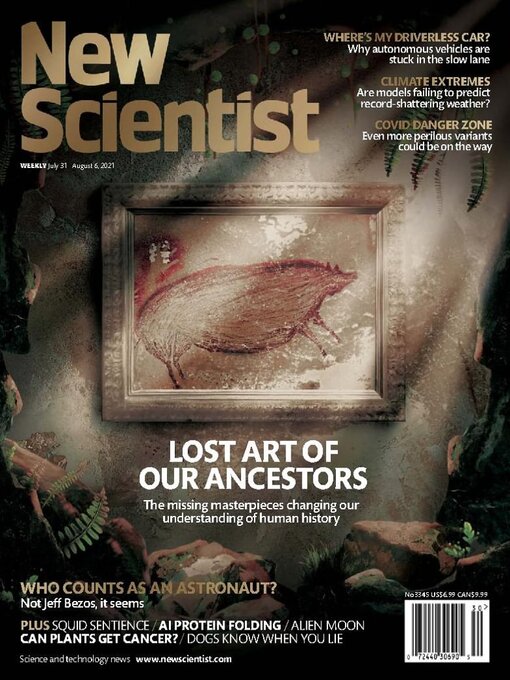
 Apr 20 2024
Apr 20 2024
 Apr 13 2024
Apr 13 2024
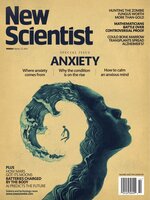 Apr 06 2024
Apr 06 2024
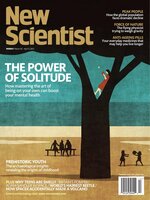 Mar 30 2024
Mar 30 2024
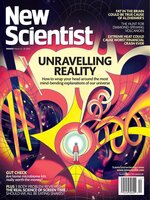 Mar 23 2024
Mar 23 2024
 Mar 16 2024
Mar 16 2024
 Mar 09 2024
Mar 09 2024
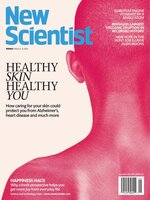 Mar 02 2024
Mar 02 2024
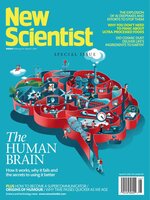 Feb 24 2024
Feb 24 2024
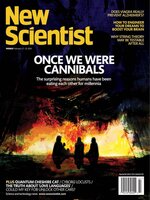 Feb 17 2024
Feb 17 2024
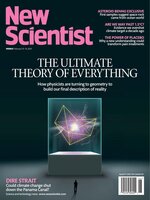 10 Feburary 2024
10 Feburary 2024
 Feb 03 2024
Feb 03 2024
 Jan 27 2024
Jan 27 2024
 Jan 20 2024
Jan 20 2024
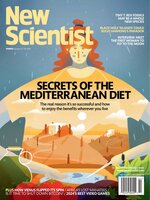 Jan 13 2024
Jan 13 2024
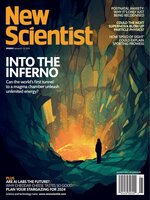 Jan 06 2024
Jan 06 2024
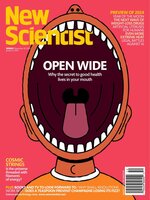 Dec 30 2023
Dec 30 2023
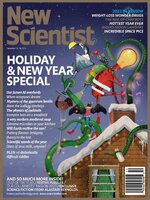 Dec 16 2023
Dec 16 2023
 Dec 09 2023
Dec 09 2023
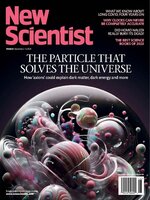 Dec 02 2023
Dec 02 2023
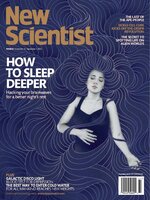 Nov 25 2023
Nov 25 2023
 Nov 18 2023
Nov 18 2023
 Nov 11 2023
Nov 11 2023
 Nov 04 2023
Nov 04 2023
